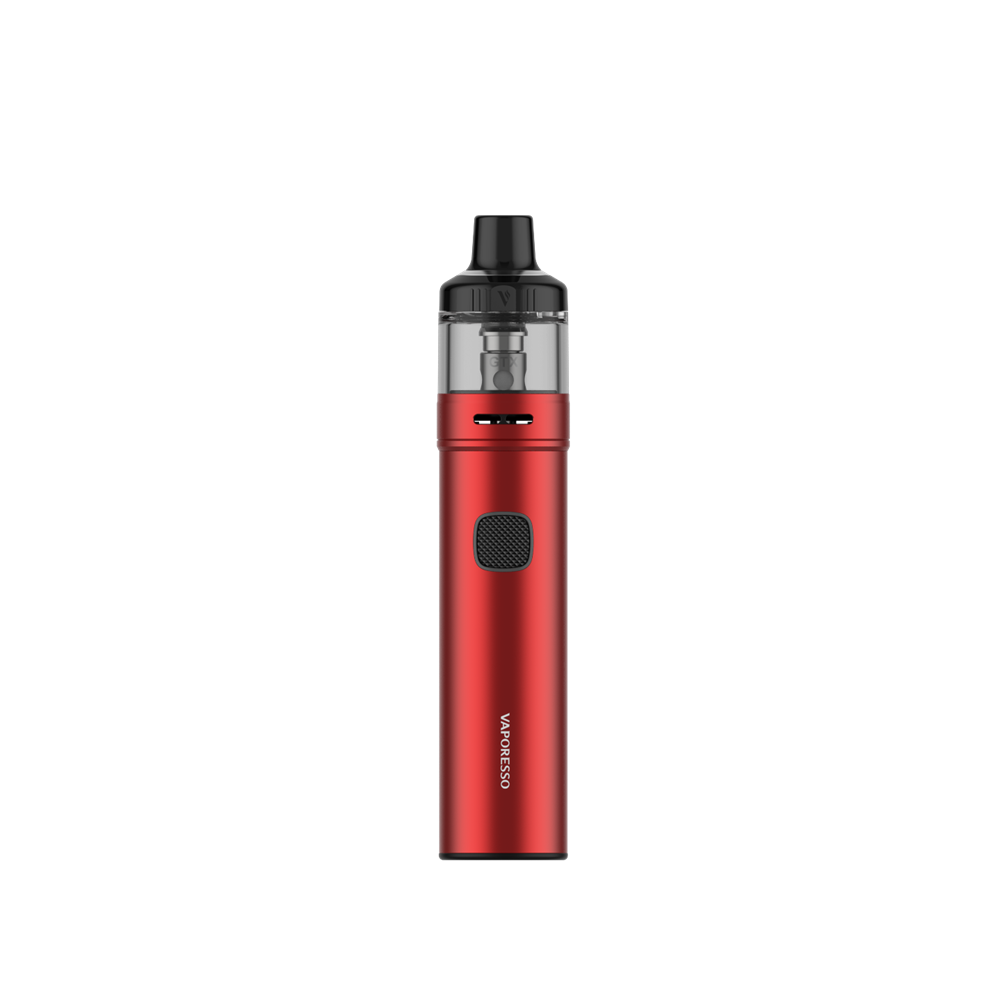Unveiling the Secret: What Really Makes a Vape Pen Tick?
In recent years, vape pens have surged in popularity, becoming a staple in the modern vaping culture. These sleek devices have transformed the way people consume nicotine, cannabis, and other substances, offering a more discreet and often more flavorful experience compared to traditional smoking methods. This article aims to demystify vape pens, shedding light on their inner workings and the components that contribute to their functionality. Whether you're a seasoned vaper or just curious about the buzz surrounding these devices, understanding how vape pens operate will enhance your experience and knowledge.

Understanding the Basics of Vape Pens
At its core, a vape pen is a portable electronic device designed to deliver vaporized liquid for inhalation. Typically resembling a pen or small tube, these devices are prized for their convenience and portability. The primary purpose of a vape pen is to heat a liquid, often referred to as e-liquid or vape juice, which contains various substances, including nicotine, flavorings, and other compounds. Vape pens come in various types, ranging from simple disposable models to advanced, customizable devices. Each type offers unique features and functionality to cater to different preferences and vaping styles.
Key Components of a Vape Pen
A vape pen comprises several key components that work in harmony to create the vaping experience. Understanding these parts can significantly enhance your appreciation of how the device functions. The main components include the battery, atomizer, tank, and mouthpiece. Each part plays a crucial role in the overall operation of the vape pen. The battery provides the necessary power, the atomizer vaporizes the e-liquid, the tank stores the liquid, and the mouthpiece is where the vapor is inhaled. Together, these components create a seamless and enjoyable vaping experience.
The Battery
The battery is arguably the heart of a vape pen, supplying the power needed to heat the e-liquid. Vape pens typically utilize lithium-ion batteries, which are rechargeable and come in various capacities. A higher battery capacity allows for a longer usage time before needing a recharge, which is particularly beneficial for frequent users. Some vape pens even feature adjustable power settings, allowing users to customize their experience based on their preferences for vapor production and flavor intensity.
The Atomizer
Next in line is the atomizer, which plays a pivotal role in the vaporization process. The atomizer contains a coil that is heated by the battery, causing the e-liquid to vaporize. Different types of atomizers exist, including sub-ohm and rebuildable atomizers, each providing varying levels of vapor production and flavor intensity. The choice of atomizer can significantly influence your overall vaping experience, with some offering a smoother hit while others deliver a more robust flavor profile.
The Tank and E-Liquid
The tank, often made of glass or plastic, is responsible for holding the e-liquid. It typically features a design that allows users to easily refill it as needed. E-liquids come in a myriad of flavors and nicotine strengths, allowing users to tailor their experience to their liking. The choice of e-liquid can greatly affect both the flavor and vapor production, making it essential for vapers to experiment and find their ideal blend. Friends of mine who have ventured into vaping often share stories of discovering their favorite flavors, which enhance their overall enjoyment of the experience.
How Vape Pens Work
Operating a vape pen is a straightforward process. First, the user presses a button (if applicable) to activate the device, which sends power from the battery to the atomizer. This action heats the coil, causing the e-liquid to vaporize. The vapor then travels through the tank and out through the mouthpiece, ready for inhalation. The science behind this vaporization involves heating the liquid to a temperature that transforms it into vapor without combustion, allowing users to enjoy the flavors and effects without the harmful byproducts of traditional smoking. This unique process not only makes vaping more enjoyable but also contributes to its increasing popularity.
Common Myths and Misconceptions
Despite their growing popularity, vape pens are often surrounded by a cloud of myths and misconceptions. One common belief is that vaping is entirely safe, which overlooks the potential health implications associated with certain substances found in e-liquids. Additionally, there are misconceptions regarding the social acceptability of vaping compared to smoking, with many believing that vaping is just as harmful or disruptive. By addressing these myths with factual information, users can make informed choices about their vaping habits and better understand the implications of their decisions.
Understanding Vape Pens for Informed Choices
In conclusion, understanding what a vape pen is and how it works is essential for anyone interested in exploring the world of vaping. From the key components like the battery, atomizer, and tank to the actual process of vaporization, each aspect contributes to the overall experience. As vaping continues to evolve, it is crucial for users to remain informed and make responsible choices regarding their usage. Whether you’re a casual user or someone looking to dive deeper into the vaping culture, knowledge is power, and it enhances your enjoyment of this modern phenomenon.








